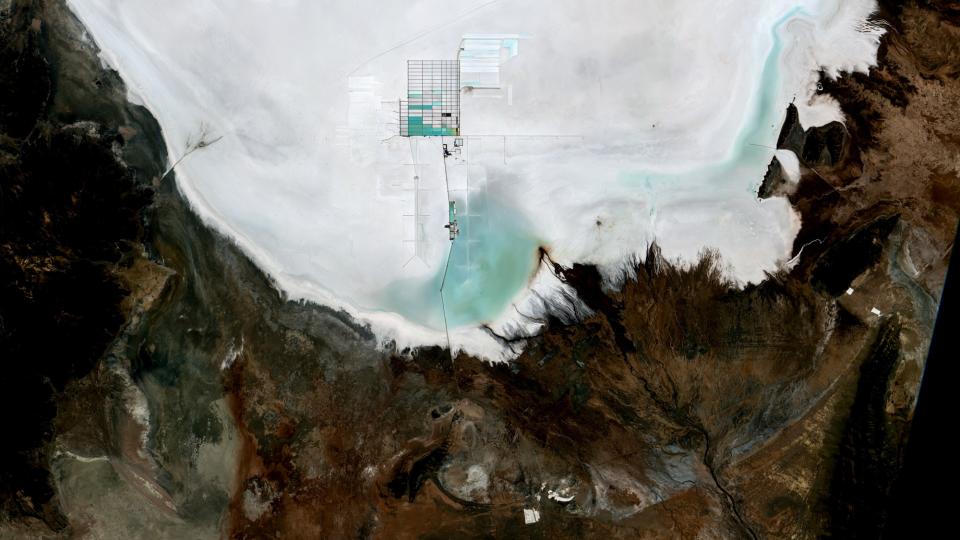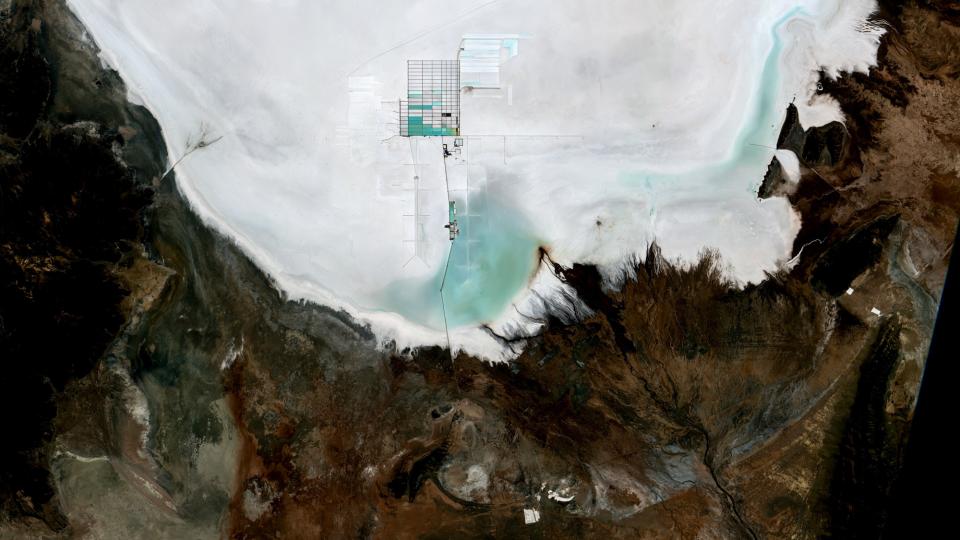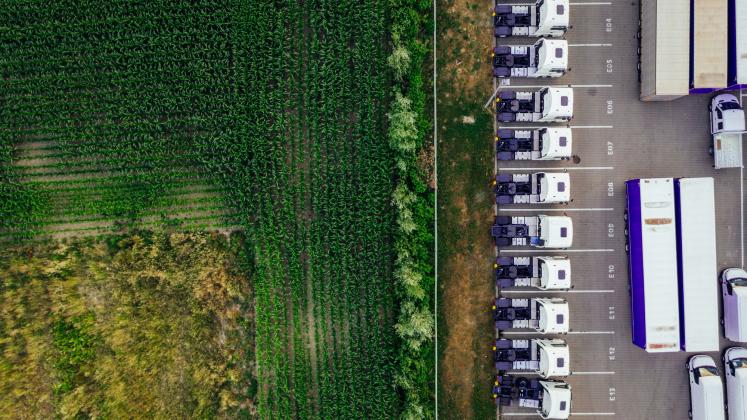Few understand global value and supply chains – let alone the differences between them – more deeply than Gary Gereffi, a Duke University professor who has been studying our global production frameworks in all their labyrinthian growth and development for some five decades.
In a recent event hosted by UNU-MERIT’s UNESCO Chair, Gereffi shared his timely insights on what recent industrial policy changes under the U.S.’s Biden administration could mean for the rest of North America and beyond. In this follow-up interview, he puts those more nuanced thoughts and predictions in context of how he sees global value chains working across both developed and developing countries today.
For more complex supply chains like a smartphone or a car or even a bicycle, the international production system creates lots of efficiencies through specialization.

Why have you focused so much of your career on examining supply chains?
For me, work on supply chains grew out of my early interest in multinational corporations and development. My early dissertation work was on Mexico and the pharmaceutical industry in the 1970s and 1980s. There was a big debate around dependency theory at the time – whether multinational companies were creating forms of dependency that hindered or distorted development or if they were promoting it. We needed a better framework to try to understand how the global industries in which these multinationals were located were organized. Academics could step in and use a variety of research tools to throw more light on how multinational strategies and structures created these different global industries, which ended up having a lot of utility for policymakers.
After that initial work, the global value chains approach came and started to look at supply chains in a multi-tiered way. This became the sweet spot for the global value chains literature: to link the research on global industries and supply chains with what it means for particular local, regional and national places, creating this bigger literature on global value chains and development.
What has surprised you about how global value chains have developed over time?
One of the surprises is that technology continues to be a factor that reorganizes production on a regular basis. The digital revolution – or, as some people call it, Industry 4.0 – has been the most recent and far-reaching. Technological revolutions, which occur every 25 or 30 years or so, must be factored into analyses, and yet – and this also surprises me – they often aren’t. They move very fast and they move very unevenly. There have been lots of claims that the Internet and e-commerce would dramatically transform and open economies, but it’s happened in some places and not in others.
Same thing with automation, which has been possible for 20 years or so. If you read different consulting firm reports, 70 percent of all jobs are at risk of automation in [the Western] world, yet if you go to factories and talk to companies and ask what’s going on, they’ll say that we need to think about this as only partial automation or a selective process.
I think that’s where field work is absolutely critical to counterbalance the news stories of the day with regard to what technologies are out there. From a research point of view, you discover a more complex reality.


How should developing countries be approaching their role in supply chains?
Developing countries are interested in what’s happening in places considered to be technological leaders – in particular, the technologies connected to advanced manufacturing and the digital economy. Those are the same technological transformations that are going to be reshaping what’s possible in developing countries.
From a developing country point of view, they should be focusing on where they are positioned in these chains. One of the places they’re positioned is in raw material extraction or mineral extraction, since many of these new digital technologies, paradoxically, rely very heavily on traditional mining and minerals of different sorts – so-called rare earth minerals, or critical minerals.
The question this raises for developing countries is how they can understand the strategic value of their natural resources today in these new industries like electric vehicles and semiconductors – not the industries of the past that would drive much of what was going on in the developing world, like oil, natural gas, coal and all that. If you’re a country that has lithium or titanium or cobalt, and you realize these are tied to electric vehicles – an industry that could grow for 30 or 40 years – then you have to say, how do we add value to that? How do we become a player in that value chain?
Suggested citation: "Global value chains: An expert’s thoughts on their development strategies," United Nations University, UNU-MERIT, 2023-06-06, https://unu.edu/merit/article/global-value-chains-experts-thoughts-their-development-strategies.

